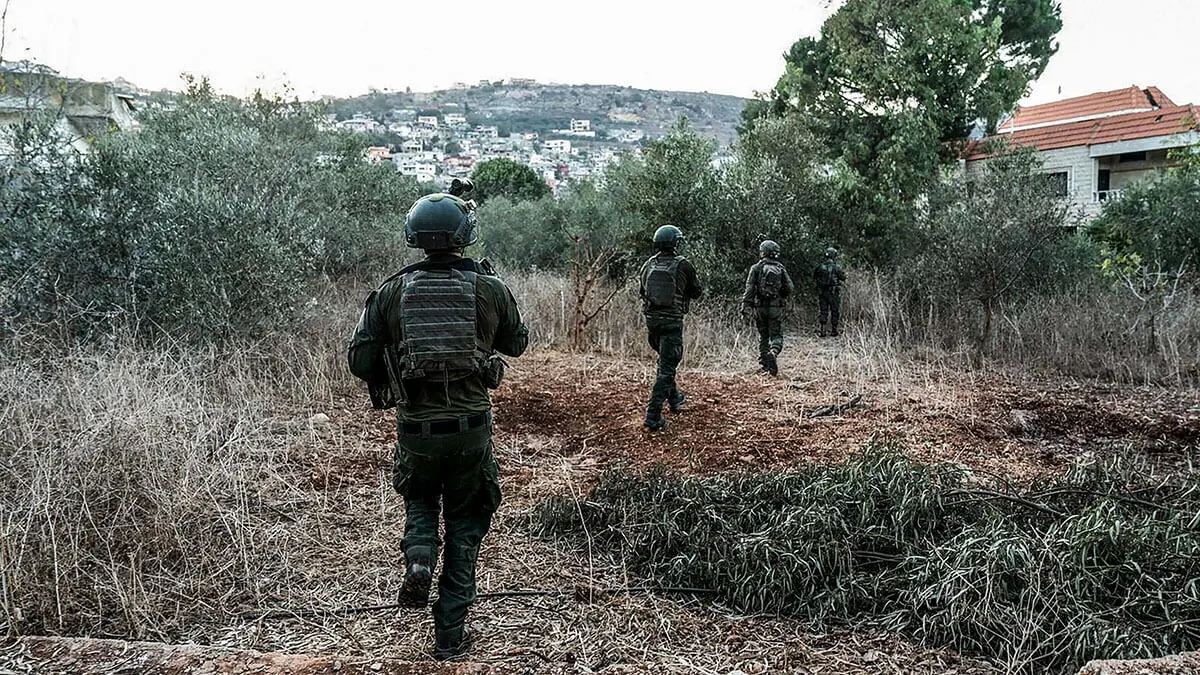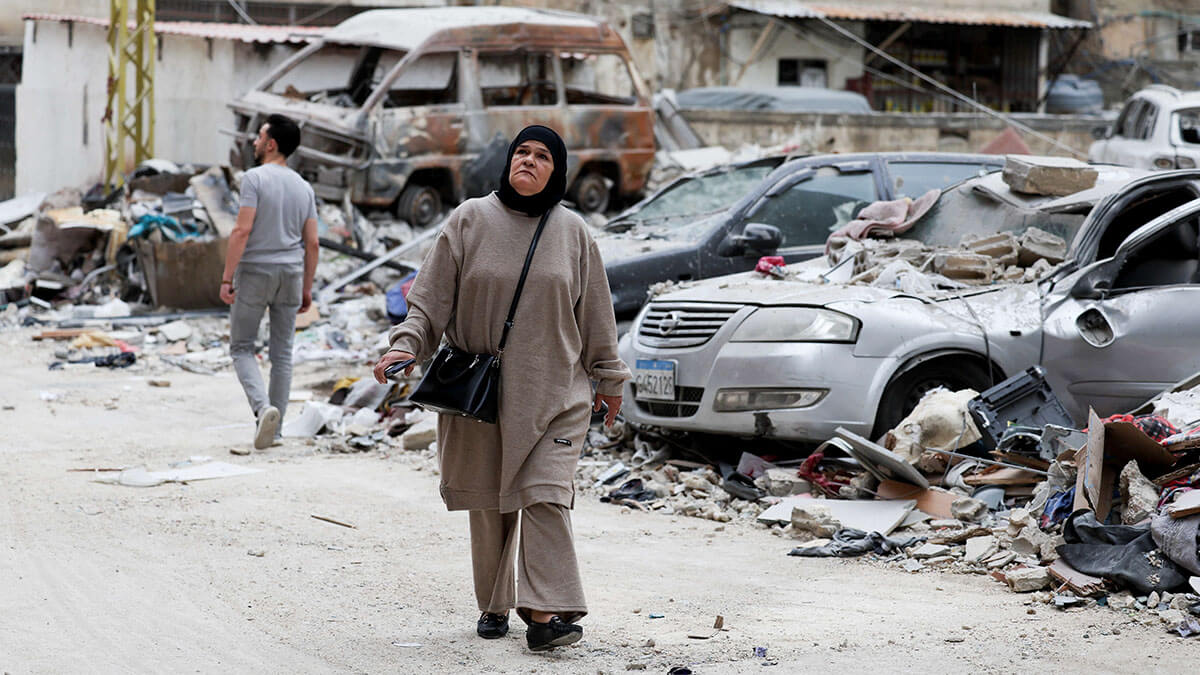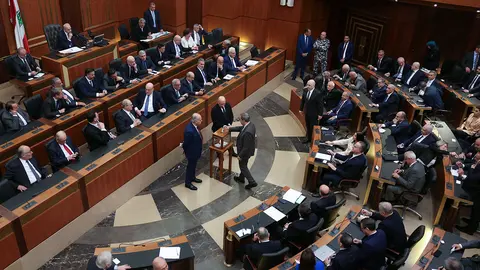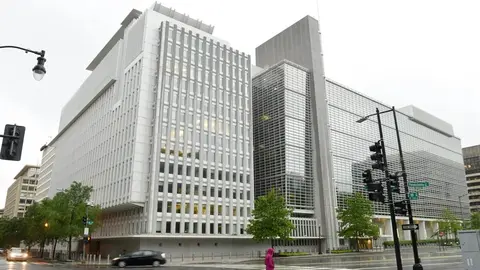Israel and psychological warfare in southern Lebanon

Residents of villages in southern Lebanon have denounced the policies of terror that Israel is implementing against them. Mohamed, who lives in Bint Jbeil, explained that what they are trying to do is instil fear in people through attacks and threats.
The former mayor of Mays al-Jabal, Abdel Moneim Shuqair, warned the Asharq al-Awsat newspaper: ‘This is more than a military campaign. It is psychological warfare.’
Israel is searching homes in southern Lebanon to expel their residents. This is the case of Mona Awadah in Kfar Kila, who had to flee her home after being targeted twice. ‘We put a prefabricated house on our farmland and it was still attacked. It's as if they are saying: you are not safe anywhere, not even on your own land,’ she said.
The sounds of bombs, war drones in the skies over Lebanon, Israeli tracking, air strikes and the obligation to sleep in public buildings such as schools are a monumental psychological burden for residents of southern areas.
Fear has forced drivers to avoid motorways such as the one connecting Maroun al-Ras to Bint Jbeil because ‘they are completely exposed to Israeli surveillance,’ according to Shuqair.
Residents like Mohamed agree that Israel wants to weaken the will of southern Lebanese to the point where they no longer want to return to their homes. They are concerned that the lack of infrastructure reconstruction due to Israeli offensives will cause the people to forget what the territory was like.
‘The greatest danger is that people are getting used to nothing. That's what the occupation wants, for us to forget our land,’ Mohamed explained.
The southern Lebanon area is not the only one in danger. On the Feast of the Lamb in 2025, after half a year of ceasefire, Israel launched its third wave of bombings against southern Beirut.
According to RTVE, Israel's justification was that the dozen bombings along the Dahye were targeting Hezbollah drone manufacturing plants, claiming that ‘Hezbollah's air unit continues to engage in terrorist activities and expand its capabilities.’
In other words, even though there is a ceasefire between Lebanon and Israel, the Israeli army is still attacking and ordering evacuations under the pretext of halting the advance of the terrorist organisation Hezbollah. Meanwhile, collateral damage is affecting civilians and the south of the country is under pressure to abandon its land.

The current war between Lebanon and Israel
This is not the first armed conflict between Lebanon and Israel, and it looks like it will not be the last. No other war had broken out since 2006 until October 2023.
The terrorist organisation Hezbollah has been fighting the Israeli army, and both Tel Aviv and areas of southern Lebanon and Beirut have been affected by bombing and air strikes.
In September 2024, the conflict escalated following a Hezbollah offensive, with Israel occupying Lebanese territory as far as the banks of the Litani River.
Since 27 November 2024, the armed conflict has been halted by a ceasefire agreement. As a result, Israeli troops evacuated the occupied areas except for five enclaves: Dawawir, Hammaes, Jabal al-Deir, Jabal Blat and Labbouneh.
Currently, the ceasefire is fragile due to Israel's constant attacks on southern Lebanon and its refusal to withdraw from the five hills belonging to Lebanon. Hezbollah has described this as a new Israeli occupation.










